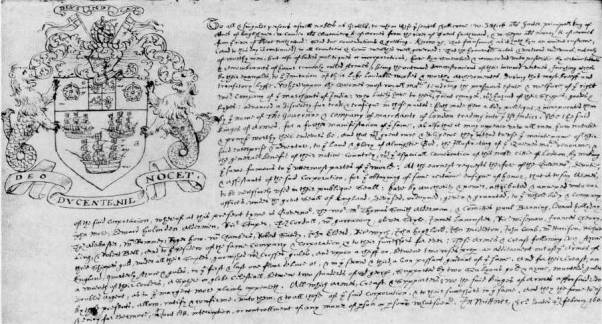
On December 31, 1600, an event occurred that would shape the course of global trade and colonialism—the chartering of the British East India Company. Queen Elizabeth I granted a royal charter to this ambitious venture, paving the way for one of the most influential trading companies in history.
Founding and Purpose: The British East India Company was established with the goal of facilitating trade between Britain and the East Indies. The charter granted the company a monopoly on English trade with the East, giving it exclusive rights to establish colonies, mint money, command fortresses, and even make war and peace in the regions where it operated.
Trade and Expansion: Over the centuries, the British East India Company became a dominant force in the global economy. It played a pivotal role in the spice trade, textile industry, and the opium trade with China. The company’s influence extended across India, where it became involved in politics and governance, ultimately contributing to the establishment of the British Raj.
Legacy and Impact: The legacy of the British East India Company is complex and multifaceted. While it undoubtedly played a crucial role in shaping the modern world through the exchange of goods, ideas, and cultures, it also left behind a legacy of imperialism, exploitation, and controversy.
Conclusion: The chartering of the British East India Company on December 31, 1600, marked a significant milestone in the history of global trade. The company’s impact on the world economy and its role in the history of imperialism make it a fascinating subject to explore, reflecting the complexities of the age of exploration and the birth of the modern world.
